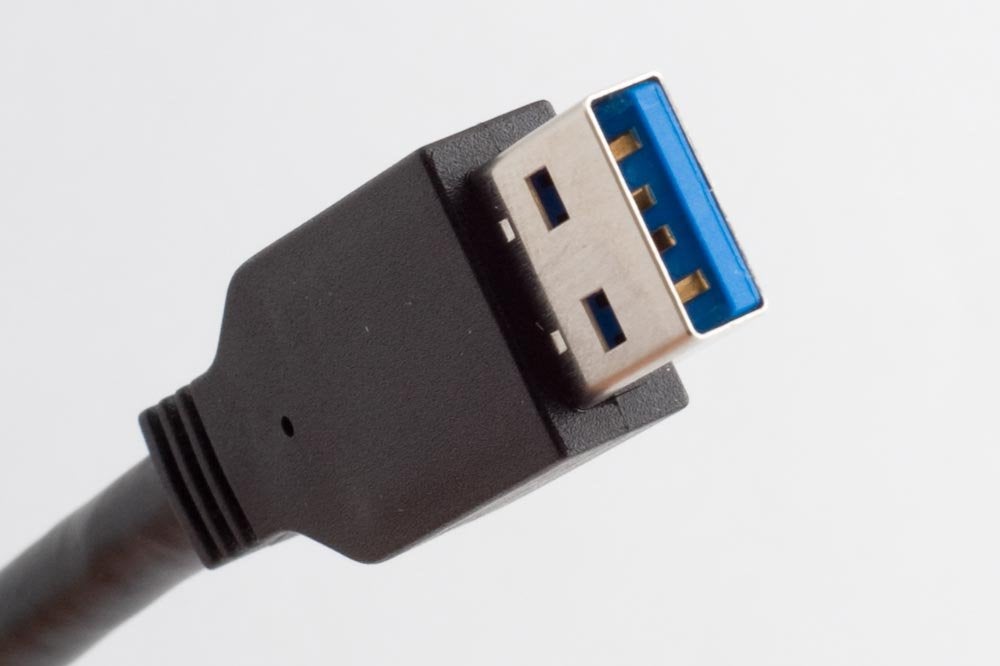Next-gen USB standard will boost data transfers to 10GB/second
USB 3.1 will be backwards compatible with both USB 2.0 and 3.0

Your support helps us to tell the story
From reproductive rights to climate change to Big Tech, The Independent is on the ground when the story is developing. Whether it's investigating the financials of Elon Musk's pro-Trump PAC or producing our latest documentary, 'The A Word', which shines a light on the American women fighting for reproductive rights, we know how important it is to parse out the facts from the messaging.
At such a critical moment in US history, we need reporters on the ground. Your donation allows us to keep sending journalists to speak to both sides of the story.
The Independent is trusted by Americans across the entire political spectrum. And unlike many other quality news outlets, we choose not to lock Americans out of our reporting and analysis with paywalls. We believe quality journalism should be available to everyone, paid for by those who can afford it.
Your support makes all the difference.The consortium responsible for the USB has announced that the next enhancement of the industry standard (USB 3.1) will operate at speeds of up to 10Gbps.
The new update will be completely backward compatible with USB 2.0 and 3.0 and will offer “more efficient data encoding and […] twice the effective data through-put performance of existing SuperSpeed USB”.
Universal Serial Bus (USB) ports were introduced in the late-1990s and were designed to standardize how peripherals connected to computers. Developed by a group of seven companies (including Microsoft, Intel and IBM) the first iteration of USB ran at a top speed of 12 Mbits.
The last upgrade to USB (USB 3.0) was introduced in 2008 and was known as SuperSpeed. Identified by blue colouring on ports and plugs, SuperSpeed has a data transfer rate of 4 Gbps. The new standard will be branded as SuperSpeed+.
“In this multi-device world, the USB 3.1 updates will enable end-users to move content across devices quickly, conveniently and without worrying about compatibility,” said Emile Ianni, Corporate Vice President of Platform Solutions Engineering, AMD.
USB dominates computers as a recognisable and ubiquitous standard, and the new SuperSpeed+ confirms its dominance. The only real competition would be from Apple’s Thunderbolt standard.
In its most recent update Thunderbolt 2 data speeds were moved up to double that of USB 3.1 at ‘blisteringly fast’ 20Gbps. However, a limited product base, a virtually Mac-only ecosystem and high prices mean that Thunderbolt will never truly compete with USB.
Join our commenting forum
Join thought-provoking conversations, follow other Independent readers and see their replies
Comments